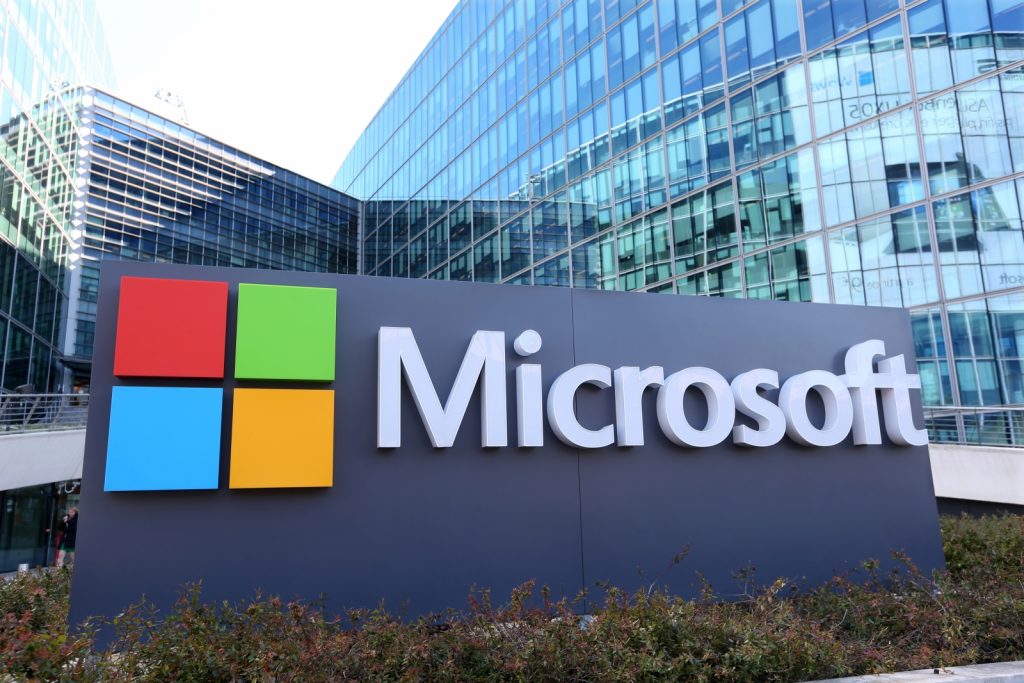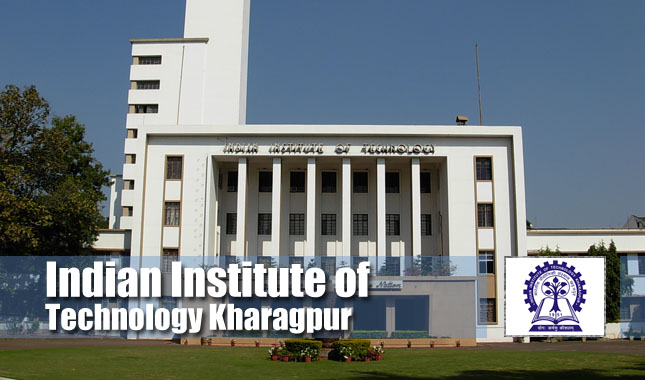Microsoft owns and operates its web search engine Bing which was launched at the All Things Digital conference held in May 2009 in San Diego, California. This search engine is a successor it’s previous search engines such as Windows Live Search and MSN search and is designed using their proprietary ASP .NET technology. Though Bing is used extensively by people across the globe, Google dominates the search engine market and holds the indisputable No.1 position. In a bid to take on Google and other search engines, Microsoft announced about it’s plans to develop a smarter search engine through it’s research along with professors from IIT (Indian Institute of Technology) Kharagpur.

Though the modern search engine algorithms can provide instant results in a structured manner for fact-based queries, they are not that effective in providing accurate results for subjective queries which are more specific and personal. Microsoft aims to make the search engines more intelligent and humanoid so that they can provide answers by understanding the deeper meaning of subjective queries. The new search engine will be able to answer queries based on personal opinions and human experiences. Some subjective questions like “How does it feel to travel alone to strange island?” , “The best songs of the 80’s era”, “How to impress a girl with interesting jokes?” “Some unforgettable college memories” etc. are difficult to comprehend by the current search engines and you can’t 100% relevant results for such queries. .
Manish Gupta, Senior Applied researcher from Microsoft has partnered with the IIT kharagpur professors and is conducting a researching on how to extract meaningful information from social conversations. This will help Smarter search engines to comprehend subjective and social list queries in a better manner using machine learning algorithms and Artificial intelligence. The used “idioms” or multi-word hashtags from Twitter to carry out detailed research on how to deliver personal and humanoid search engine results.

Social media platforms like Twitter have been tailed for personal opinions and social conversations through common hashtags and other techniques. Microsoft used a SVM (Support Vendor Machine) classifer to analyze around 4 million hashtags which were trending between Jan-July 2015. The classifier can figure emotional hashtags with deeper meanings such as #africanproblems, #childhoodfeelings, #forever alone based on related URLs and hashtags, popularity of the tag, user comments and classify the social lists. Based on this classification, Smarter search engines can provide subjective information and trusted opinions for context-sensitive queries.
This will give the ability for search engines to understand the underlying meaning of emotional statements and subjective questions to give personal answers. The research will also provide valuable insights from social conversations which will help in designing a precise search algorithm using AI and machine learning techniques. The newer search engine will be much more smarter and intelligent and offer a meaningful search experience for the users.

